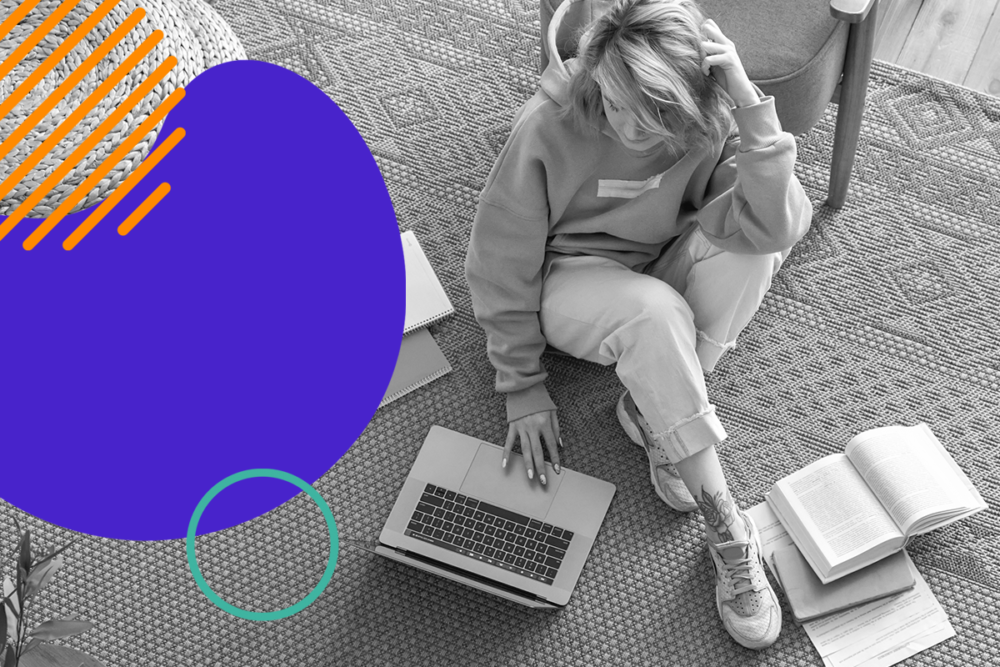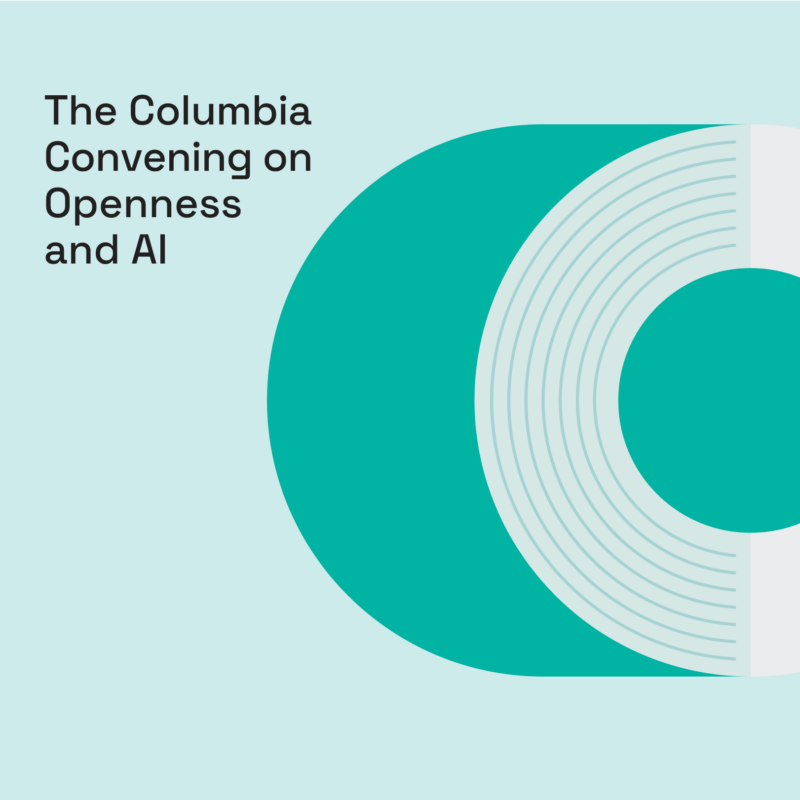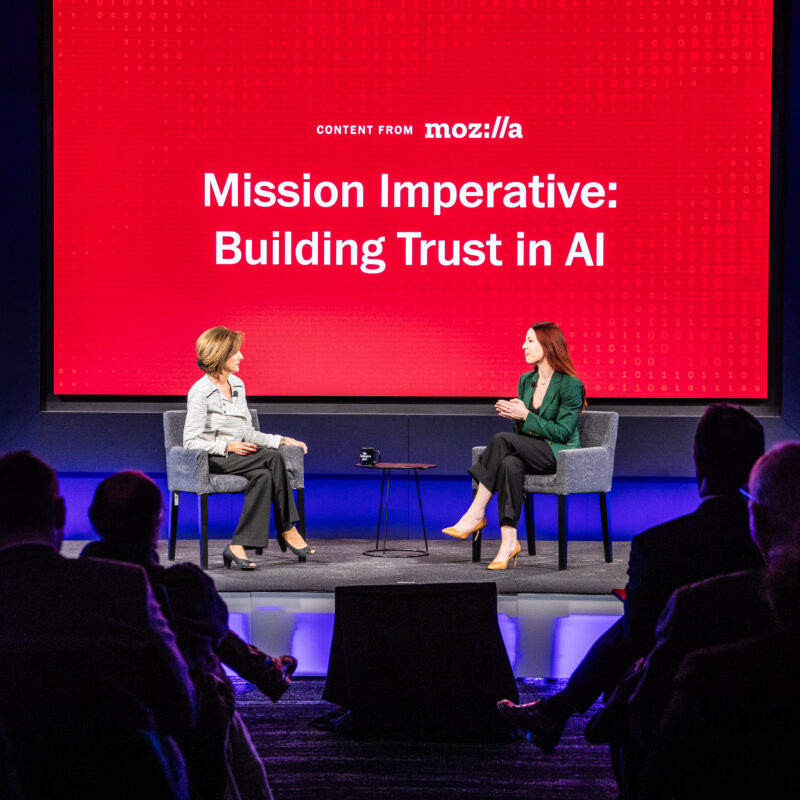Last spring, Norah W. took note of how former President Barack Obama, Beyoncé and K-Pop band BTS broadcasted impassioned commencement speeches to the graduating class of 2020. Now that it’s her turn to mark the end of high school, she can’t help but feel disregarded.
“It felt like the entire world mourned the class of 2020. I get it, they had things ripped out from under their feet. But I had almost my entire senior year online … without any friends. There’s nothing I can do to fix it; it just stinks that no one is even acknowledging this,” said the 18-year-old from Louisville, Ky. “I will never get another senior year of high school.”
The fresh wound got a dash of salt in it after she read online comments from adults saying seniors like her were lucky, that they would have preferred to miss high school.
“I can’t believe they’re making a joke. You don’t know what total isolation feels like. You don’t know what it’s like to do 12 straight years of work and then be rewarded with nothing,” she said.
Young adults across the country are grieving the losses brought on by the COVID-19 pandemic forcing school, and its accompanying social life, online. Some of those losses were big moments, the kind society has taught us to cherish: prom, graduation and the newfound freedom of college. Others are small losses that are less talked about and easier to trivialize. But they’re still losses and all of it carries an impact for the around 3.4 million high school graduates in 2021.
“It’s such a formative age, developmentally,” said Powell Burke, a psychotherapist who works with adolescents and young adults at his private practice in Atlanta, Ga. “There can be a real sense of loss and a real sense of being robbed, of powerlessness and loss of control.”
Online learning did come with some benefits. Namely, the new schedule meant students reported getting more sleep and could be flexible about when they did their work. Some students responded to the change with resiliency by gaining new skills, diving further into interests and finding creative ways to salvage soiled plans.
But for many, those benefits didn’t outweigh the negatives. Zoom-based learning essentially created a window into each student’s bedroom, a privilege usually requiring an invitation and reserved for close friends. The constant eye of the camera is also saddled with a hyper-awareness of how you’re presenting physically, which can result in more stress from self-scrutiny and judgment.
Burke said he noticed an uptick in symptoms of depression and anxiety in the fall of 2020, a time when he thinks parents were realizing that the situation and their child’s symptoms may not change anytime soon.
Some of the challenges that students have been facing included feeling disconnected from their peers, feeling lethargic from not moving all day and academic disengagement. “A huge part of my identity has been being very involved at school, and then suddenly I’m not only not caring about school, but being actively miserable about it,” Norah said.
One vital component to social development that Burke said has been largely missing over this past year of conducting classes via Zoom calls is casual conversations.
“Of course, these schools are there to educate. But the reality is that so, so much of social development during this age happens at school and it happens in the cracks: between classes, before school, during lunch, on the bus,” Burke said. “Those are the places and times where typically adult eyes and ears are a little scarcer and adolescents are relating to each other or in groups in slightly less guarded ways than they would be with adults.”
Zach F., a 17-year-old senior in Orland Park, Ill., said now that his school is back to in-person learning, he has noticed that it’s harder to talk to his peers — a problem that as a self-described extrovert, he didn’t have before.
“When you’re sitting down next to someone in class, it feels weird to talk to them,” he said. “You almost don’t know how to start the conversation or what to talk to them about.”
This lost connection to peers is a void that college freshmen can’t help but notice. John V., 18, of Toronto, Canada had always planned to live at home while attending the University of Toronto, but he still hoped to expand his social network.
“I was really excited to meet new people and make new friends. I definitely feel like I’m missing out. I haven’t met anyone at my college at all,” he said.
While the university has held social events online, John said they feel awkward and so he plans to wait to try to meet people when things open back up. He said he’s been on campus twice this past year and feels no real connection to his teachers, whom he’s only met through his computer screen.
“I’m studying to pass the tests, not to learn,” he said.
While this age group more or less grew up immersed in technology, there is ultimately no real replacement for the bond that happens during in-person interactions, Burke said.
“So much of communication is nonverbal and when access to that nonverbal communication is cut off, it makes connection harder for anybody,” Burke said. While relationships with parents may have strengthened, connections with other adults, such as teachers, were generally harder to foster. “All these different parts of who we are socially, that get nurtured by different types of relationships. If one is missing, there’s going to be a deficit there.”
As anyone who has experienced grief will tell you, there’s no delineated timeline. While there’s no way of predicting what it will look like, Burke said he does think there will be a long-lasting effect from this past year.
“In mental health, we have the concept of post-traumatic stress, but there’s also this concept of post-traumatic growth,” he said. “As things continue to change, there will be opportunities for societal post-traumatic growth. I think it’s something that will need to be intentional about.”
If you or someone you know are a college student or class of 2021 graduate, we’d love to hear from you. In partnership with HerCampus, Pocket is sponsoring a college essay contest called The Future Connection. We are looking for 300-500 word essays on what it’s like to come of age in a hyper-online world. One winner will be awarded a $5,000 cash prize plus a mentorship and publication opportunity with Mozilla and Pocket. You can read the full official rules here.



